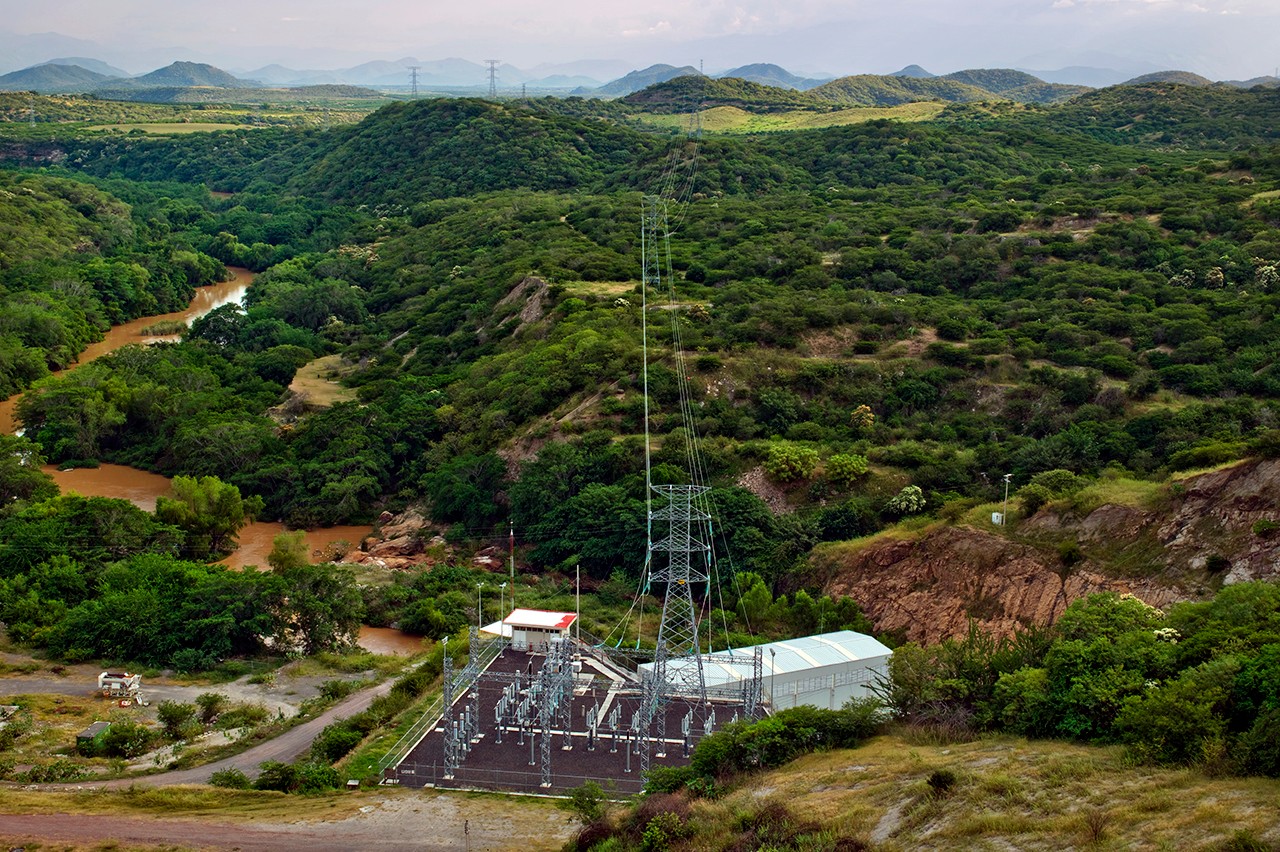Renewable Energy: How Mexican Companies Are Adopting Clean Power Today
Mexican industry is at a pivotal moment. As global electricity demand grows at an unprecedented rate, companies—both domestic and international—must tackle the dual challenge of ensuring a reliable power supply and reducing their environmental impact.

With the rise of nearshoring, stakeholder pressure for low-carbon supply chains, and increasingly demanding regulations, renewable energy has evolved from an alternative to a strategic pillar. Today, it’s key to achieving sustainability targets, gaining competitiveness, entering new markets, and managing risk.
Investing in clean energy not only reduces emissions, it also lowers operational costs, strengthens a company’s reputation, and builds resilience against energy market volatility. Join us as we explore the current renewable energy landscape in Mexico and make informed decisions for your organization.
Who’s leading the shift?
A few decades ago, renewable energy in Mexico’s private sector was limited to isolated efforts. Today, this has changed. According to the Renewable Energy Market Report for Mexico 2025–2034 (IMERM), the country’s installed capacity is expected to grow by 8.5% annually over the next decade, driven mainly by industrial and commercial demand.
Global corporations, industrial parks, and local companies are integrating clean energy to meet international standards, reduce regulatory risks, and optimize costs. Sectors such as automotive, food and beverage, metallurgy, and electronics are leading the way, often required by clients or parent companies to demonstrate energy traceability and progress toward descarbonization..
In high-consumption industrial zones—particularly in the Bajío region of Nuevo León and northern Mexico—businesses are adopting collective solutions, such as microgrids and bilateral renewable energy power purchase agreements (PPAs). These models are also crucial for attracting foreign investment aligned with ESG criteria.
Organizations seeking LEED or ISO 50001 certifications, or those reporting to platforms such as the CDP or the Dow Jones Sustainability Index, are proactively transitioning to clean energy, thereby improving their position with investors, clients, and regulators.
How are companies adopting renewables?
Mexican companies are integrating renewable energy through diverse strategies tailored to their size, energy needs, and business goals:
1. On-site installations and renewable infrastructure
Photovoltaic solar panels remain the most common self-generation solution, especially in high-consumption industries with large rooftops and consistent daytime operations. According to IMERM, the solar industry is expected to see a compound annual growth rate (CAGR) of 8.5% through 2034.
At the same time, green hydrogen is gaining traction. With over $21.2 billion already invested and 20+ projects in development, it’s emerging as a complementary clean fuel, according to the Mexican Association of Hydrogen and Sustainable Mobility.
2. PPAs and clean energy certificates (CELs)
Power Purchase Agreements (PPAs) allow companies to secure long-term, stable, and clean energy at competitive rates. Meanwhile, CELs help businesses comply with regulations and enhance their ESG profiles, especially when bidding for public contracts or investor capital.
3. Shared energy in industrial parks
Industrial parks are increasingly implementing shared generation systems, also known as microgrids, which enable medium-sized companies to access renewable energy without the financial or technical burden of going it alone. This model is particularly effective in high-density industrial regions, such as the Bajío and northern Mexico.
4. Net metering and net billing for small businesses
Net metering and net billing schemes offer SMEs a cost-effective way to reduce their electricity bills through partial self-generation. These options are beneficial for retail businesses, offices, and light industries looking to optimize expenses and gain energy independence.
Enel Energía México: your strategic partner in the energy transition
Abundant natural resources alone aren’t enough to accelerate renewable adoption. Companies need experienced partners who can deliver integrated, reliable, and customized solutions.
At Enel Energía México, we lead the country’s energy transformation with an exclusive B2B model that supports businesses, from large corporations to industrial parks, through every step of their transition to cleaner, more efficient, and competitive operations.
Our custom energy contracts help stabilize prices, reduce exposure to market volatility, and support environmental goals.
Having a strategic Energy Manager, such as Enel, can make the difference between keeping up and falling behind.
Related posts